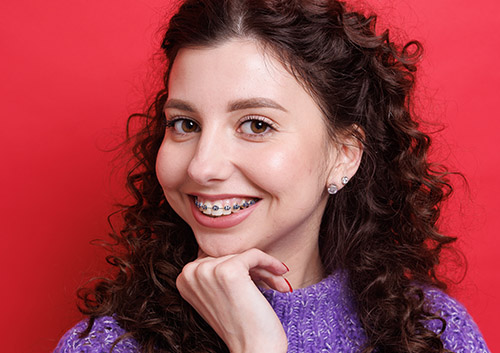You broke your tooth; now what?
June 19th, 2025

You may have bitten down on a hard food or object, or perhaps you had a cavity that weakened your tooth. Either way, your tooth is now broken, and the steps you take to care for it will determine whether you get to keep your natural tooth or not. Millions of people suffer from broken teeth every year, so you are not alone. However, that does not mean your newly cracked tooth does not need immediate attention.
What is a broken tooth?
A broken tooth is one that has been fractured, chipped, cracked, broken apart, or completely knocked out of the mouth. You may or may not feel your tooth break, depending on the extent of the break and whether your tooth was decaying prior to the break. It is usually very easy to diagnose a broken tooth, because the evidence will be visible. In the case of hairline cracks in the teeth, you may start to note a sensitivity to hot or cold in the neighborhood of the fracture.
The Right Way to Handle a Broken Tooth
As soon as you know your tooth is broken, chipped, or fractured, make an appointment to visit our emergency dental office. Even the tiniest fractures require attention: bacteria can infect the fractured area, which could cause you to lose the tooth altogether.
Until you are in our office, you can manage your pain using over-the-counter pain medication, such as Tylenol, or you can apply a cold compress to prevent swelling and inflammation. Be sure to rinse your mouth with warm salt water after every meal until you are able to visit us.
Keep in mind that while pain medication is an effective way to manage a broken tooth at home, it is only a temporary fix. Broken teeth should not be treated solely at home, and over-the-counter solutions are not substitutions for professional dental care. Failing to make an appointment with Dr. Gregory Weaver after breaking or chipping a tooth can place your health at risk.
Treatment
Treating your broken tooth will depend on the type of break you have and how much of the tooth is affected. A minor chip or tiny fracture line may easily be repaired with bonding. On the other hand, a more serious break that exposes the tooth's pulp may require a root canal or extraction to prevent infection. Ultimately, our team here at Weaver Dentistry will explain to you the best treatment plan based upon our evaluation of the condition and extent of your break.
If you have broken, cracked, chipped, or fractured one or more of your teeth, don’t hesitate to contact our office immediately. We specialize in emergency dental care and are available to serve you 24 hours a day, seven days a week.



